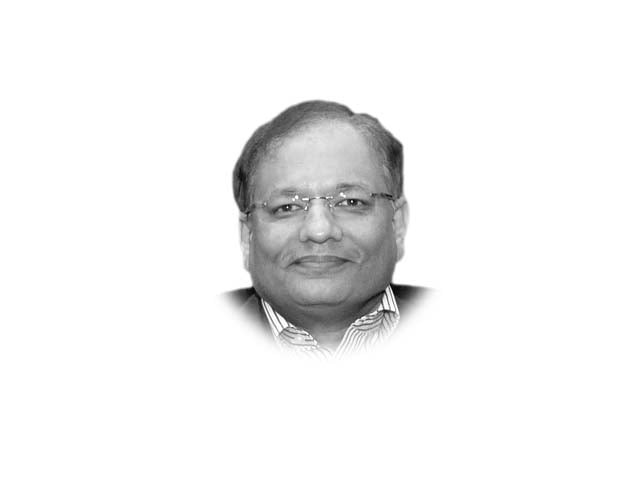Independence Day and state's responsibility
.

This year, Pakistan marks the 78th anniversary of its independence — a moment not only to recall our history but also to reflect on the ideals that shaped our vision of the state.
Many definitions of "state" exist, but one of the most human, poignant and enduring comes from our distinguished politician and legal mind, Barrister Aitzaz Ahsan, who compared the state to a mother: "Riyasat ho gi maa ke jaisi; har shehri se pyaar kare gi." This translates into: "The state will cherish its people as a mother loves her children."
A mother's moral responsibility is to be empathetic to the needs of her children, nurturing and protective. That, too, should be the defining responsibility of the state. On this Independence Day anniversary, we must ask ourselves: to what extent have we lived up to this lofty ideal?
At the same time, we must also ask: how are we treating our mothers, and how are they able to fulfil their maternal obligations toward their children? For far too many women, the joy of pregnancy is replaced by apprehension and insecurity — especially when it is unplanned, too soon after the last birth, or one of too many.
I recall a poignant comment from qualitative research conducted in Khuzdar, Balochistan. A mother said with sardonic resignation: "I am pregnant again — let's see who survives — my child or I."
Her words reflect a grim reality that resonates across the country, where nearly 3,000 mothers die every year due to complications from closely spaced pregnancies or unsafe abortions to end unplanned pregnancies.
The late Mohtarma Benazir Bhutto Shaheed, speaking at the 1994 International Conference on Population and Development in Cairo, expressed a vision still relevant today: "I dream of a Pakistan, of an Asia, of a world where every pregnancy is planned, and every child conceived is nurtured, loved, educated and supported."
Nations grow and progress when they engage in self-reflection and commit to reform. We excel in vision-building and policy drafting, but falter in practical implementation, bold decision-making and structural reforms.
These reforms can no longer be postponed. Two areas demand urgent action.
The first is education — pursued on a war footing — to produce economically productive citizens. Our current system, with multiple curricula and educational streams, fosters inequality, perpetuates class divisions and limits opportunities. Students in elite English-medium schools enjoy vastly different prospects than those restricted to purely religious education — the latter often excluded from the scientific and technologically advanced job market. Investment in education must focus on uniformity and quality standards.
The second is healthcare. Pakistan's fragmented health systems require a decisive choice: to select one health care model out of the prevailing multiple models, such as the single-payer model with the state providing theoretically free health care; a mixed public-private arrangement; the Beveridge-style social health insurance recently introduced on a limited scale; or continuing with the current predominantly out-of-pocket payment system that entrenches inequities, leaving life expectancy and health outcomes dependent on one's ability to pay.
Without accessible, quality education and comprehensive healthcare that includes reproductive health care for both men and women, we cannot transform the potential of all our citizens into a demographic dividend.
Seventy-eight years ago, we secured independence with the hope of building a state that would protect and cherish its people. Today, as we celebrate another year of that freedom, let us recommit to the humanistic vision that the state should be like a mother — boundless in compassion, unwavering in care, and dedicated to the well-being of every single citizen.
















COMMENTS
Comments are moderated and generally will be posted if they are on-topic and not abusive.
For more information, please see our Comments FAQ